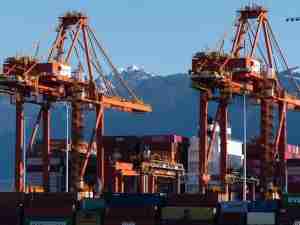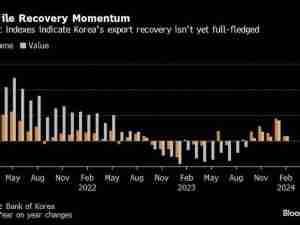China Is High on List of U.S. Problems, Trump Trade Pick Says
By: Andrew Mayeda | Mar 14 2017 at 04:30 PM | International Trade
Donald Trump’s pick as top trade negotiator said China is one of America’s leading trade problems, adding that it’s not clear if the Asian nation is still manipulating its currency.
“If you look at our problems, China is right up there,” Robert Lighthizer, the president’s nominee as U.S. Trade Representatives, told lawmakers on the Senate Finance Committee at a confirmation hearing on Tuesday in Washington.
Asked if China manipulates its currency, Lighthizer deferred to the Treasury Department, which is due to release a semi-annual review about global currency practices next month.
“In the past, it is my judgment that China was a substantial currency manipulator,” Lighthizer said. “Whether China is manipulating the currency right now is another question. That’s up to the Treasury secretary.”
Last year, the Treasury included China on a watch list of countries whose currency practices require monitoring. However, the department didn’t conclude that China manipulates its currency, and it noted that the People’s Bank of China has been intervening to prop up the value of the yuan.
Lighthizer, 69, worked for decades as a trade lawyer, representing clients including U.S. Steel Corp. He has been critical of U.S. officials who supported China’s entry into the World Trade Organization in 2001, arguing the move has worsened America’s trade deficit and hollowed out its manufacturing sector.
Industrial Policy
The WTO isn’t set up to effectively deal with China’s industrial policy, said Lighthizer, who said the U.S. needs “imaginative” solutions on trade litigation.
There are official forums to encourage China to reduce overcapacity, where progress can be made, but there also needs to be trade-law enforcement so it’s more expensive for Chinese producers, said Lighthizer. He cited overcapacity in Chinese steel and aluminum as “troubling.”
Lighthizer’s confirmation has been delayed by work he did decades ago for groups connected with Brazil and China. A 1995 amendment to the 1974 Trade Act prohibits the president from appointing a USTR who has directly represented, aided or advised a foreign entity in a trade negotiation or dispute.
Democratic senators say Lighthizer needs a waiver from both houses of Congress before he can be confirmed. The White House disagrees, and Lighthizer himself has said his work didn’t violate the law.
Orrin Hatch, the Republican chairman of the committee, said last month that he believed a waiver was likely necessary. But on Tuesday, he said there’s no reason Lighthizer shouldn’t be confirmed in “short order”
“Mr. Lighthizer is indisputably qualified to serve as USTR,” Hatch said Tuesday.








